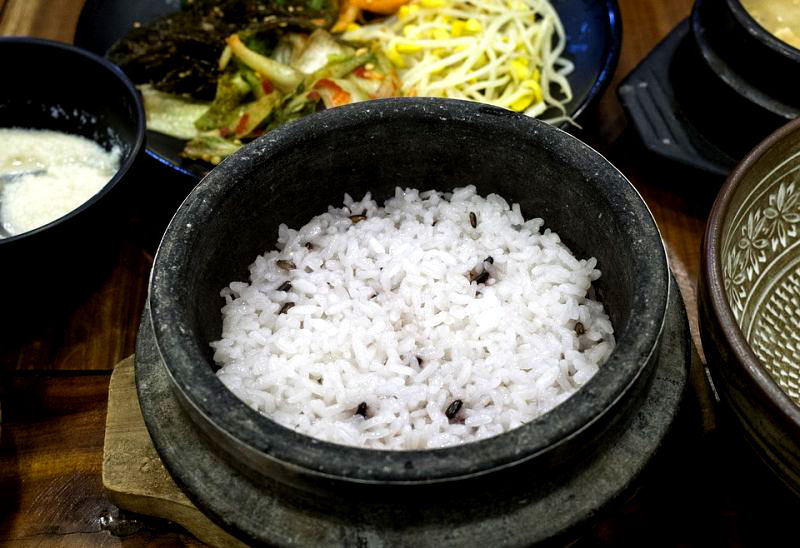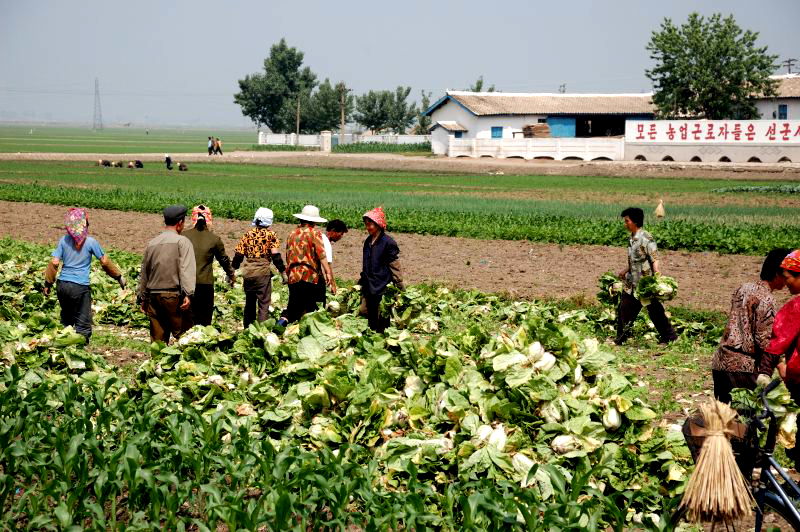Starving North Korea is Relying More on China for Food



By Carl Samson
Huge spikes in Chinese food exports to North Korea have been observed on Chinese customs data, indicating the hermit state’s increasing reliance on one of its allies and purported “window” to the outside world.
Surges over the past year were noted in almost 30 export products, South China Morning Post reported. These include corn, which jumped from 400 tons to roughly 12,724 tons, bananas from 63.4 tons to 1,156 tons and wheat powder from below 0.6 tons to 7.6 tons.
Exports of rice, a staple, also increased from 3.5 million tons in the second quarter of 2016 to more than 11 million tons in the same quarter of 2017, as per available figures.

Interestingly, increases in exports of spirit products were also found, climbing from 2.1 million liters to 9.5 million liters. Beer, bread, biscuit, candy and chocolate exports were up, too.
In March, the United Nations reported that 2 in 5 North Koreans — about 10.5 million people — are undernourished, while a whopping 70% of the population counts on food assistance.

The growth in Chinese exports apparently coincide with North Korea’s shortage in food production due to natural calamities such as drought and floods. Last month, a report from UN agency Food and Agriculture Organization claimed that the country’s production of staple crops such as rice, corn, potatoes and soybeans was heavily damaged by prolonged dry spells, The New York Times noted.
According to the agency, such spells threatened food security “for a large part” of the North Korean population. “Increased food imports, commercial or through food aid, would be required during the next three months at the peak of the lean season, ensuring adequate food supply for the most vulnerable, including children and elders,” it said in a statement.

Food shortage is not entirely new in North Korea. According to the BBC, hundreds of thousands are believed to have perished in a widespread famine that struck the country in the 1990s. Unfortunately, periodic food shortages have persisted for years, endangering the health and well-being of its 25 million people.
The growing food trade between China and North Korea does not directly translate to more people being fed, however. Justin Hastings, an international relations scholar at the University of Sydney who studies the trade, told SCMP:
“The different types of food are going to the military and the elites in Pyongyang … but people in the hinterlands are still going hungry. A wide variety of food being imported is thus not a sign that there is no food crisis.”
Feature Image (Cropped) Via Flickr / (stephan) (CC BY-SA 2.0)
Share this Article
Share this Article